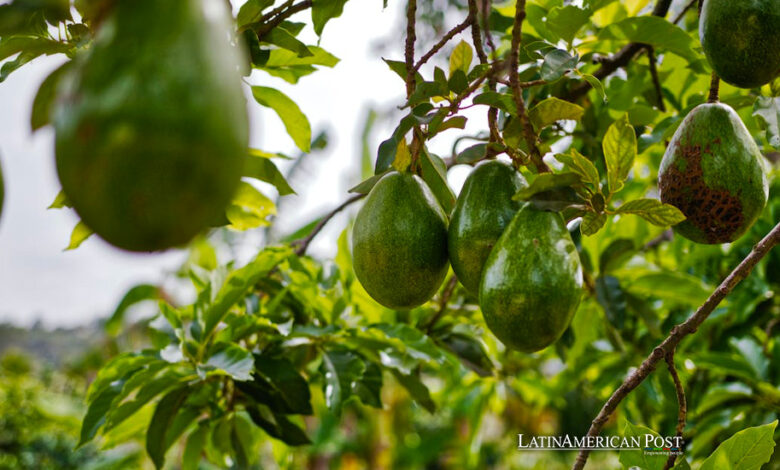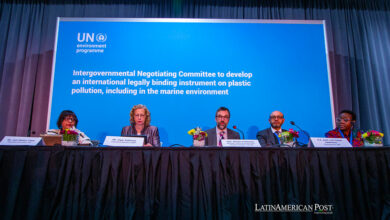The U.S.-Mexico Avocado Trade’s Environmental Challenge to Safeguard Sustainability

Amid rising concerns over illegal avocado orchards in Mexico, the U.S. ambassador advocates for stricter export protocols to ensure sustainability and legality in the booming avocado trade between Mexico and the United States.
Avocado Dilemma in Michoacan
In the verdant landscapes of Michoacan, Mexico’s avocado heartland, an environmental and legal quandary threatens the integrity of the international avocado market. In a pivotal statement during a visit to Michoacan, the U.S. ambassador to Mexico underscored the urgent need to address the issue of avocados grown in illegal orchards being exported to the United States, the world’s largest consumer of this beloved fruit.
Michoacan, celebrated for its unique climate that allows avocado trees to bloom four times a year, has become the epicenter of a growing crisis. The state’s lucrative avocado industry, propelled by the global appetite for guacamole and other avocado-based dishes, faces a shadow cast by the rise of illegal orchards. These illicit operations contribute to significant deforestation and water extraction issues, jeopardizing the region’s biodiversity and sustainability.
During a joint news conference with Michoacan Governor Alfredo Ramirez, U.S. Ambassador Ken Salazar emphasized that avocados grown on these unauthorized plots should not enter the U.S. market. Salazar advocated for implementing consequences for such violations, highlighting the environmental degradation linked to these practices, signaling a pivotal shift towards environmental accountability in trade protocols.
Environmental Toll and Proposed Solutions
Governor Ramirez revealed alarming statistics: between 2018 and 2023, at least 30,000 hectares were deforested in Michoacan, with the local government’s Forest Guardian initiative identifying 817 illegal avocado orchards. The proposed solution—a revised export protocol incorporating environmental guidelines directly referencing the Forest Guardian’s findings—aims to trace the avocados from their origin to the U.S. consumer, ensuring compliance with environmental standards.
This situation is not isolated to Mexico. Across Latin America, countries engaged in the avocado trade, including Colombia, Peru, and Chile, face similar challenges. These nations, renowned for their agricultural exports, are grappling with the environmental impacts of intensive farming practices, including deforestation, water mismanagement, and biodiversity loss.
As the world’s largest avocado exporter, Mexico sends a staggering 2.5 million metric tons abroad, making the environmental ramifications of its farming practices a global concern. The United States, relying on Mexico for four of every five avocados consumed, finds itself at a crossroads, necessitating a balance between meeting consumer demand and promoting sustainable agricultural practices.
Towards Environmental Stewardship
The push for a sustainable avocado trade reflects a broader movement towards environmental stewardship and responsible consumption. As the international community becomes increasingly aware of the ecological footprints of their dietary choices, the pressure mounts on producers and exporters to adopt practices that preserve the planet’s health and resources.
In light of these developments, the path forward for the U.S.-Mexico avocado trade is clear: sustainability and legality must be at the forefront of agricultural and trade policies. By implementing stringent export protocols that ensure avocado production’s traceability and environmental compliance, both nations can work towards a trade relationship that supports economic prosperity, environmental sustainability, and ethical consumption.
Also read: Volkswagen Bolsters Latin American EV Market with $1 Billion Investment in Mexico
As the world continues navigating the complexities of global trade and environmental conservation, the avocado trade between Mexico and the United States is a poignant case study. It underscores the need for collaborative efforts to safeguard the environment while nurturing international trade, ensuring that the avocado remains a symbol of culinary delight rather than ecological despair.





